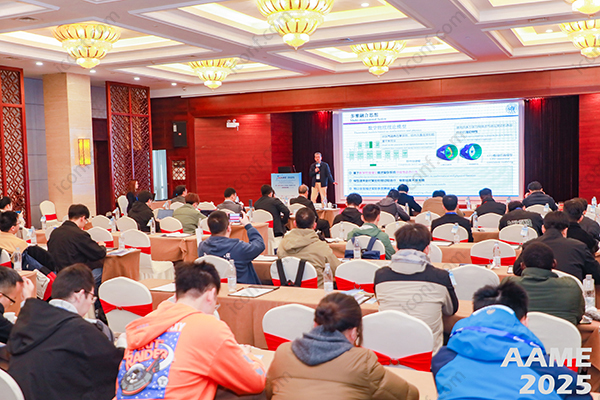

192 views||Release time: Jul 14, 2025
Academic conferences offer a unique opportunity to present your research, learn about new trends, and connect with professionals in your field. However, simply showing up is not enough. To truly benefit, you need a clear strategy before, during, and after the event. Here’s how to make the most out of attending academic conferences.

Decide what you want to achieve: Are you presenting a paper, looking to collaborate, or exploring new research ideas? Having clear goals helps you focus your efforts and make smarter decisions about which sessions and people to prioritize.
Review the conference program and make a list of key speakers, researchers, or organizations you want to meet. Planning these interactions ahead of time can make networking more effective and less overwhelming.
Bring enough business cards, printed copies of your abstract or presentation slides, and any handouts that might support your discussions. Being prepared shows professionalism and makes it easier for others to remember you.
Don’t limit yourself only to your own presentation or immediate field. Attending diverse sessions can inspire new ideas and broaden your academic perspective.
Engaging in Q&A sessions demonstrates your interest and expertise. It also helps you stand out to speakers and other attendees, potentially opening doors for future collaborations.
Take advantage of breaks, social events, and informal gatherings to introduce yourself to new people. Be approachable, share your research interests, and listen actively to others. Meaningful conversations often start outside formal sessions.
If you’re presenting, focus on clarity and confidence. Practice your talk in advance, anticipate questions, and prepare concise, visually appealing slides. A memorable presentation can lead to new connections and invitations to future events.
Send follow-up emails to people you met, summarizing your conversation and suggesting ways to stay in touch. This reinforces the connection and increases the chance of future collaboration.
Summarize your key takeaways and share them with your research team, students, or on professional platforms. This helps solidify your learning and positions you as an active, engaged researcher.
Maximizing your conference experience starts with choosing the right event. Platforms like iconf.com help you find high-quality academic conferences that match your goals and research interests. With curated listings and up-to-date details, iconf.com saves you time and allows you to focus on preparing for an impactful conference experience.
Academic conferences are powerful opportunities for growth, but their value depends on how you approach them. By preparing strategically, engaging actively, and following up professionally, you can transform each event into a stepping stone for your academic and professional success. With support from iconf.com, you’ll be better equipped to choose the right events and make the most of every moment.